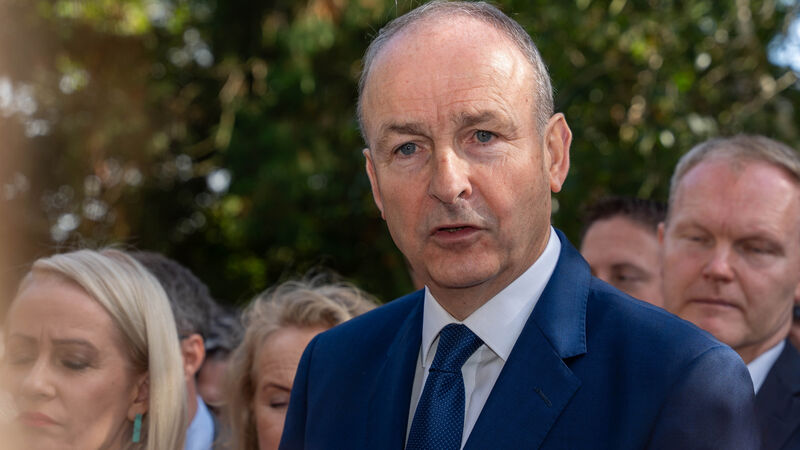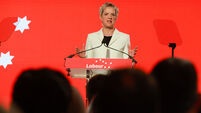Taoiseach says there will be no border poll before 2030

Taoiseach Micheál Martin criticised Sinn Féin who he said blew 'hot and cold on the border poll' in the last decade. Picture: Noel Sweeney/PA
There will be no poll on Irish unity before 2030, the Taoiseach has said, adding that more work is needed to unite people on the island before partition is ended.
Sinn Féin has been pushing the Government in recent weeks to prepare for a border poll within the next five years.














